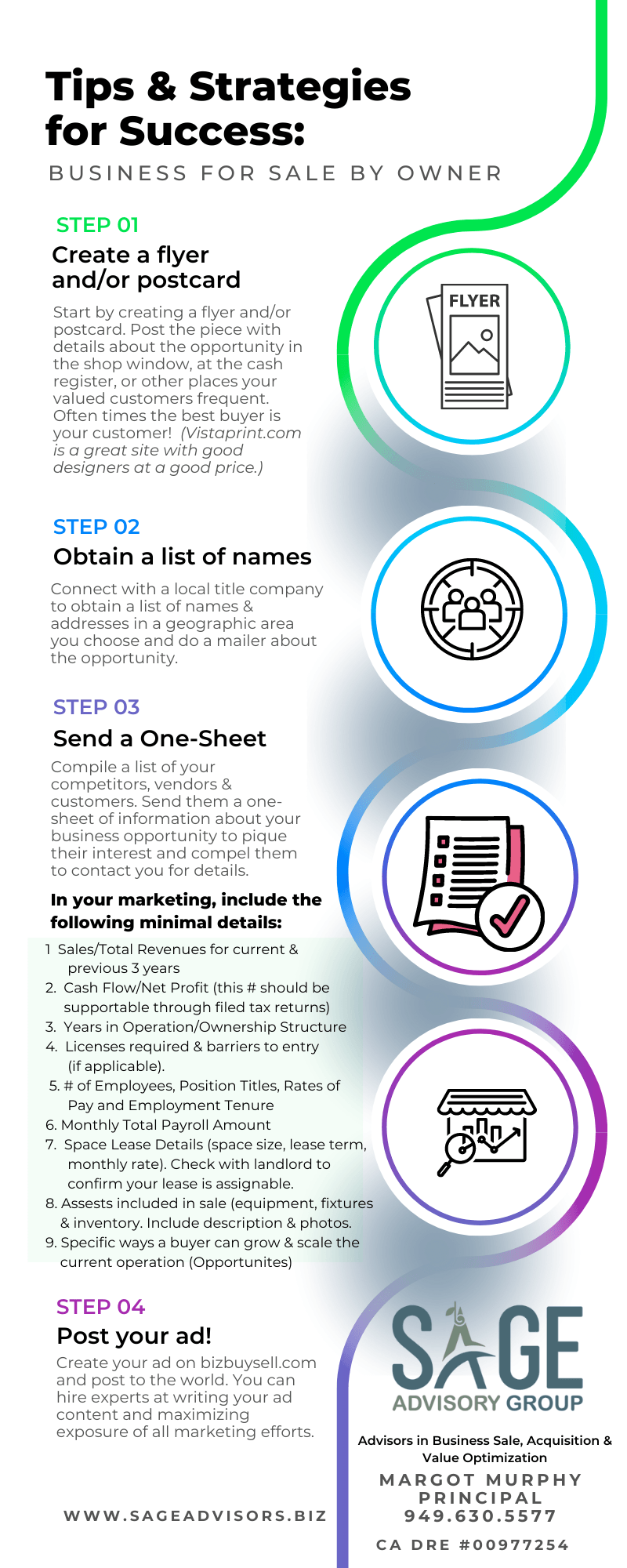EBITDA vs. SDE: Which Financial Metric Should You Use to Value Your Business
What’s the Difference Between EBITDA and SDE?
When selling a business, understanding the financial metrics that determine its value is crucial. Two key metrics that frequently come up in this process are EBITDA (Earnings Before Interest, Taxes, Depreciation, and Amortization) and SDE (Seller’s Discretionary Earnings). While both are important in valuing a business, they serve different purposes and are used by different types of buyers. Let's explore the differences between EBITDA and SDE and how they relate to selling your business.

What Is EBITDA?
EBITDA stands for Earnings Before Interest, Taxes, Depreciation, and Amortization. This metric is often used by larger, more sophisticated buyers like private equity firms, venture capitalists, or strategic buyers. It provides a clear view of the operating profitability of a business by stripping out expenses that can vary based on accounting choices, financing structure, and tax planning. In simple terms, EBITDA focuses on the earnings a company generates purely from its core operations. It excludes any non-operational factors like debt (interest), taxes, and depreciation/amortization of assets. This makes EBITDA particularly useful when comparing companies in different industries or companies with varying capital structures.
What Is SDE?
SDE, or Seller’s Discretionary Earnings, is more commonly used when selling small businesses. It starts with net profit but also adds back the owner’s salary and any discretionary expenses or personal benefits the owner may be running through the business, such as health insurance, travel, or vehicle costs. The idea behind SDE is to show the full earning potential a new owner could achieve. Unlike EBITDA, which focuses on the company's operating performance, SDE highlights the business’s cash flow that would be available to a single, hands-on owner/operator. It paints a more accurate picture of the income available to someone who intends to run the business themselves.
How EBITDA and SDE Impact Business Valuation
Both EBITDA and SDE are used as a basis for calculating the value of a business, but they target different buyer types:
- EBITDA: Larger, financially-savvy buyers who may not run the business day-to-day but instead see it as an investment, often rely on EBITDA to assess the operational profitability of the business. These buyers tend to apply EBITDA multiples to determine the business value. Businesses valued using EBITDA typically fall in the middle-market range ($2 million+ in revenue) and above.
- SDE: SDE is most relevant for small businesses, often those generating less than $2 million in revenue. Potential buyers in this segment are often owner-operators who want to step in and run the business themselves. Therefore, they care more about the cash flow that will be available to them, which is what SDE reflects. In this case, valuation is often based on an SDE multiple.
Which Metric Should You Use When Selling Your Business?
The decision to focus on EBITDA or SDE depends largely on the size and structure of your business and the type of buyer you're targeting.
- If your business is larger, with established management, multiple revenue streams, or complex financial structures, focusing on EBITDA is likely the best route. Buyers in this space are typically interested in how profitable the business is without the influence of its current ownership structure.
- If you’re selling a smaller business where you are the primary operator, SDE provides a more accurate reflection of the financial benefit a buyer could expect. This approach helps attract individual buyers or small investors who are looking to step into your shoes and operate the business directly.
Conclusion
Understanding the difference between EBITDA and SDE is essential when preparing to sell your business. Each metric tells a different story about your company’s financial health, and choosing the right one can make a significant difference in attracting the right buyers and getting the best value for your business. At Sage Advisory Group, we specialize in guiding business owners through the valuation and sale process, ensuring that you maximize your business's potential and appeal to the right type of buyer.
If you're ready to explore selling your business or want to learn more about the best valuation method for your company, contact us today at
Sage Advisory Group. We're here to help you through every step of the journey.



